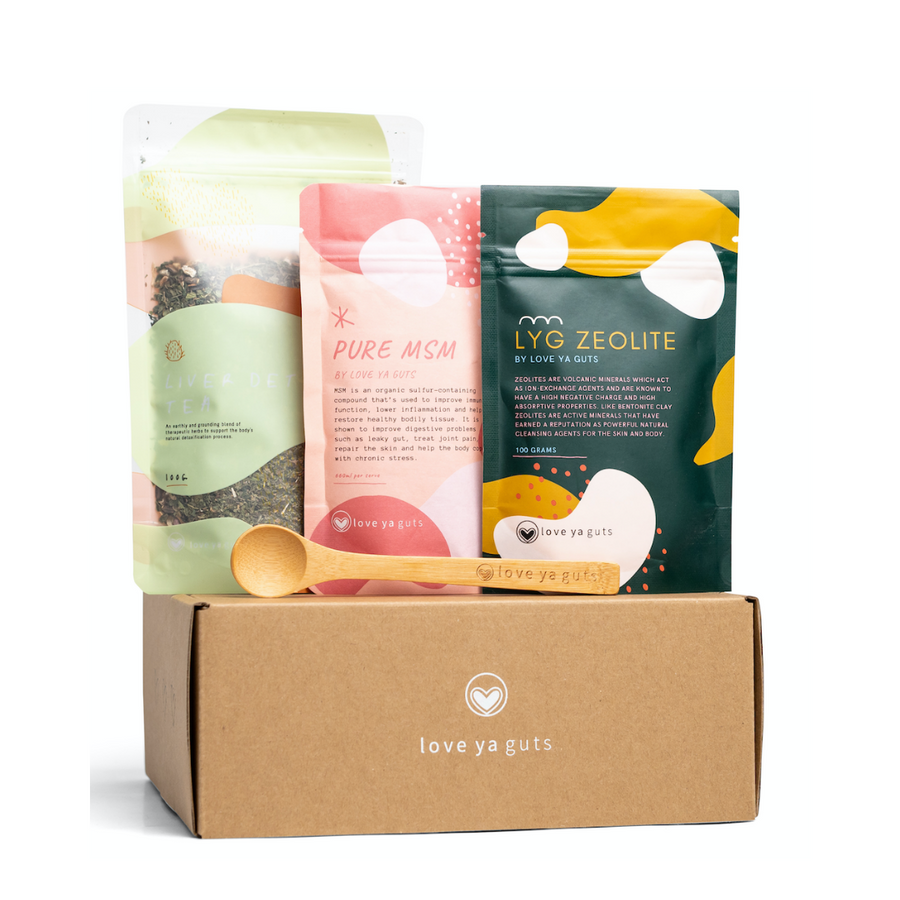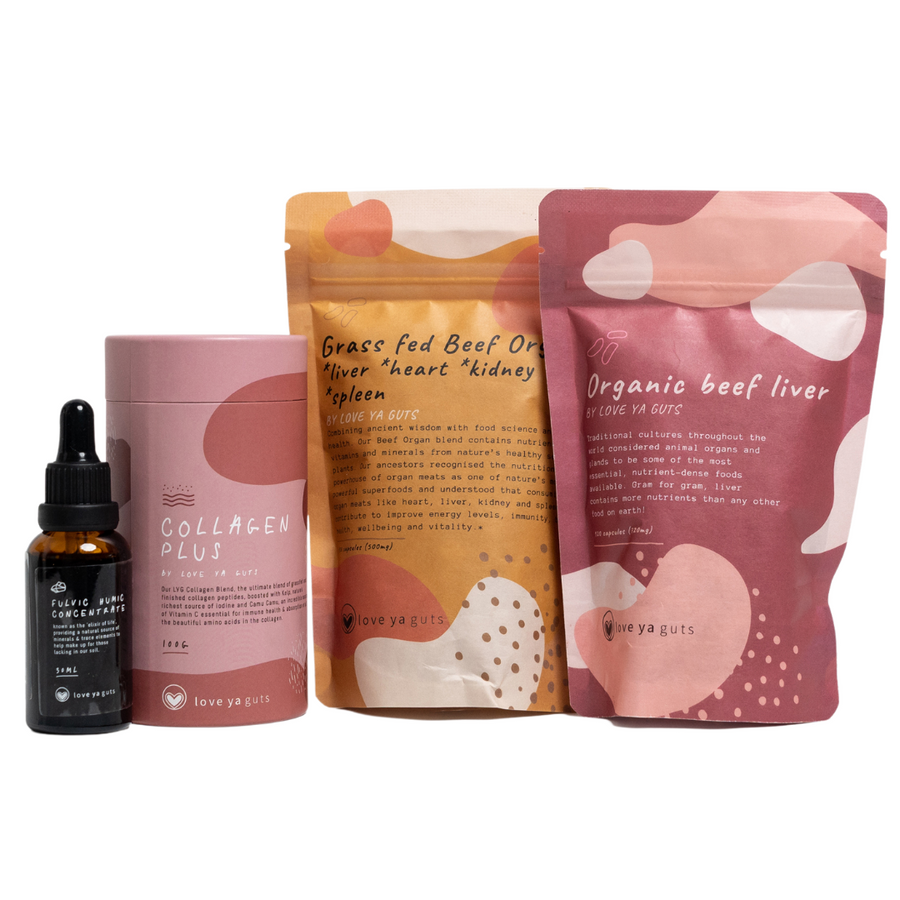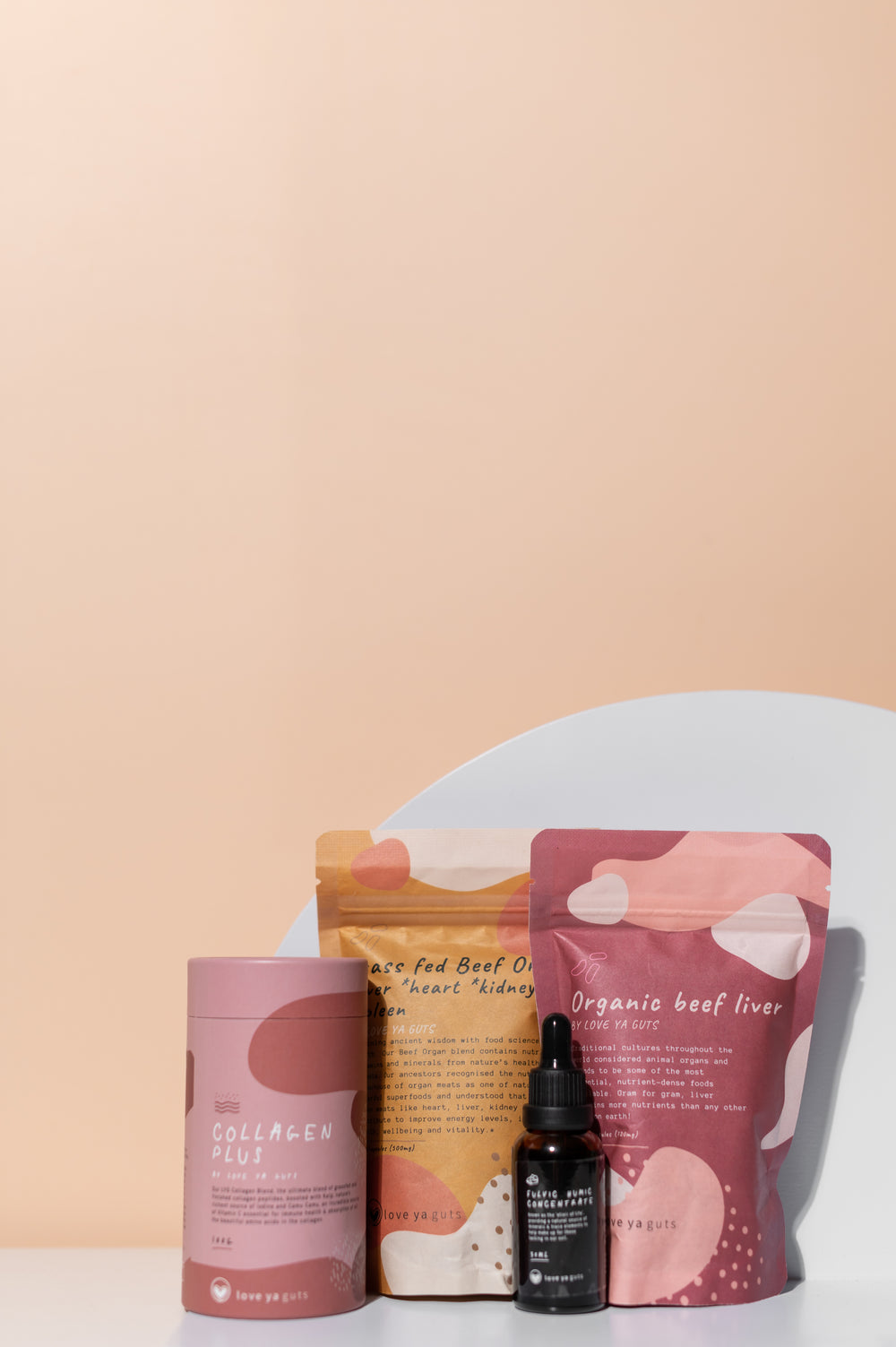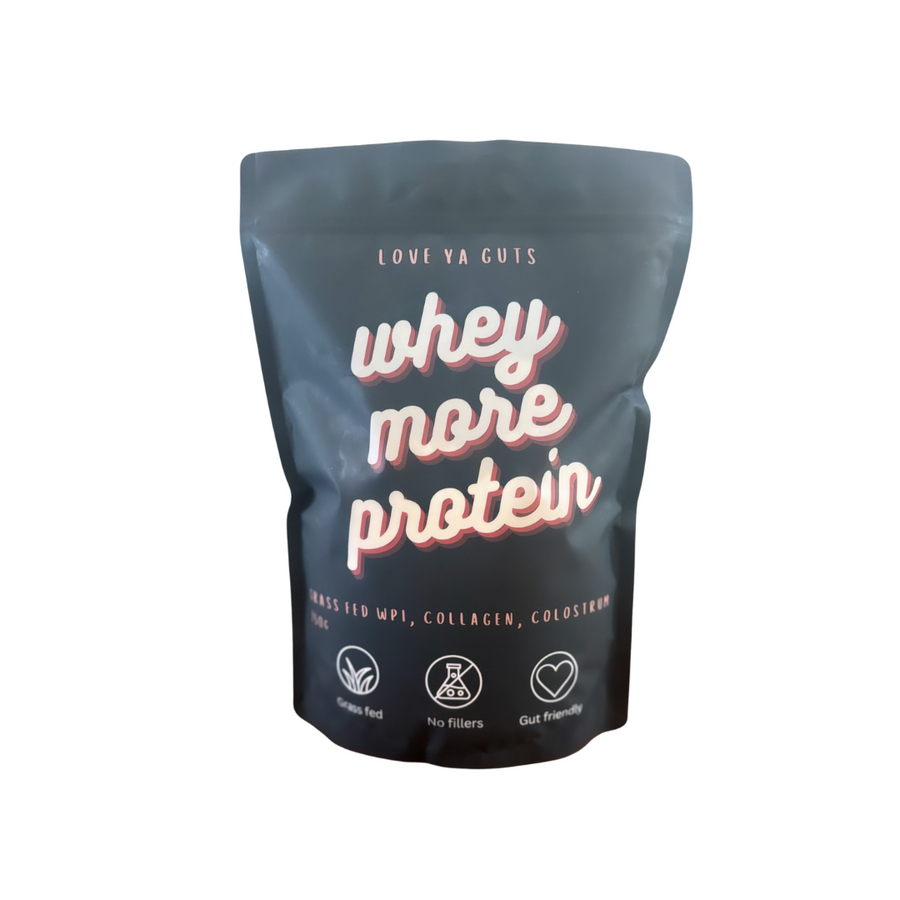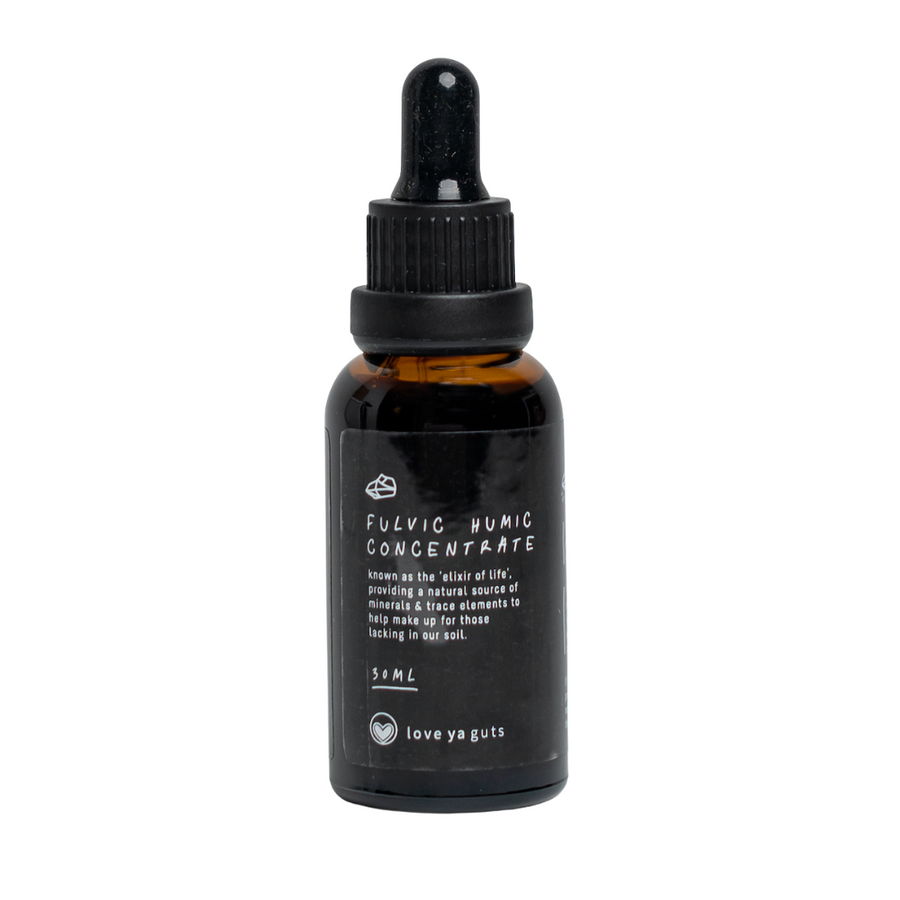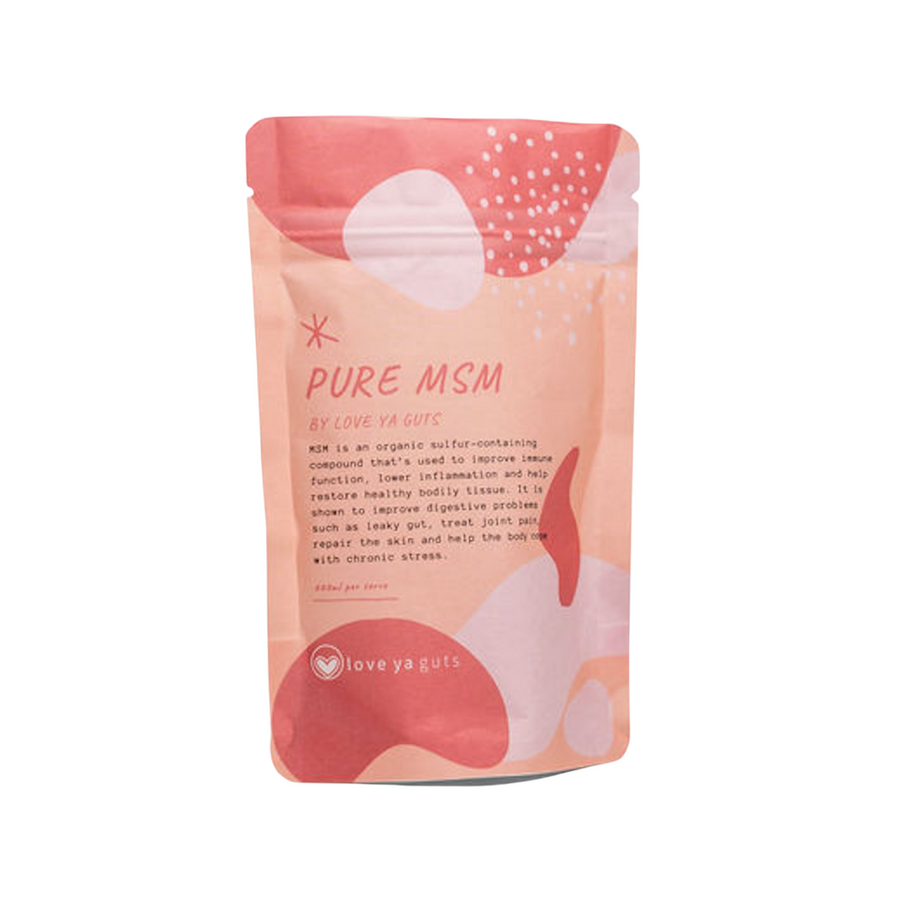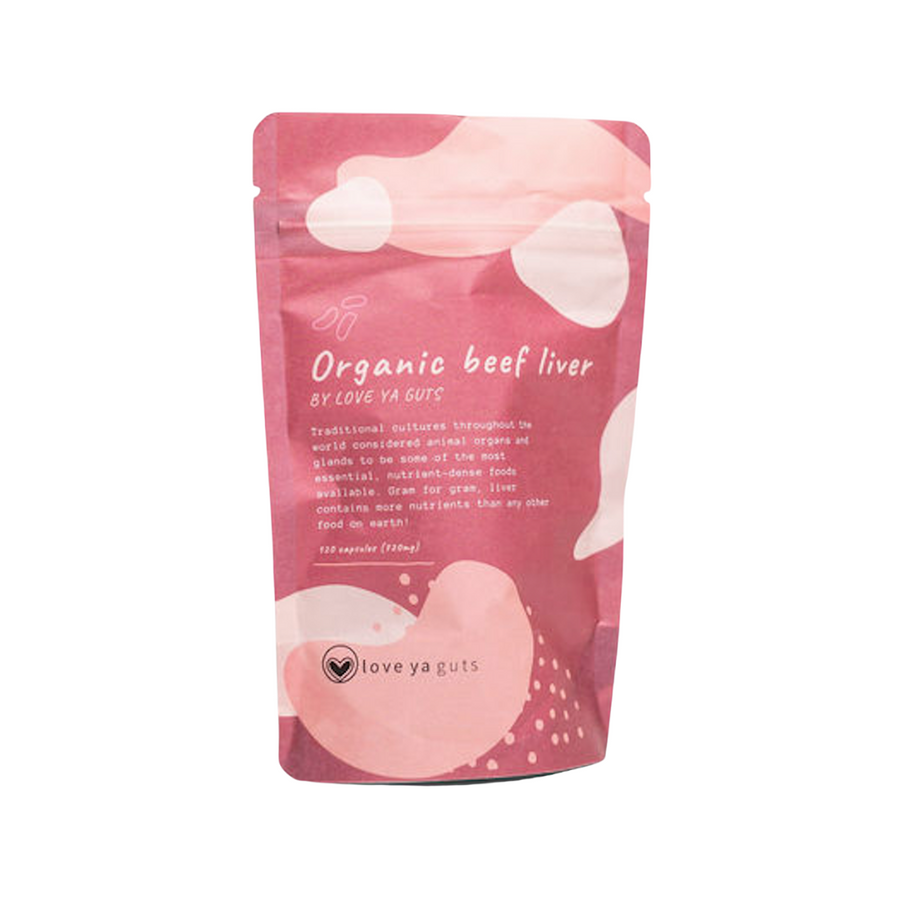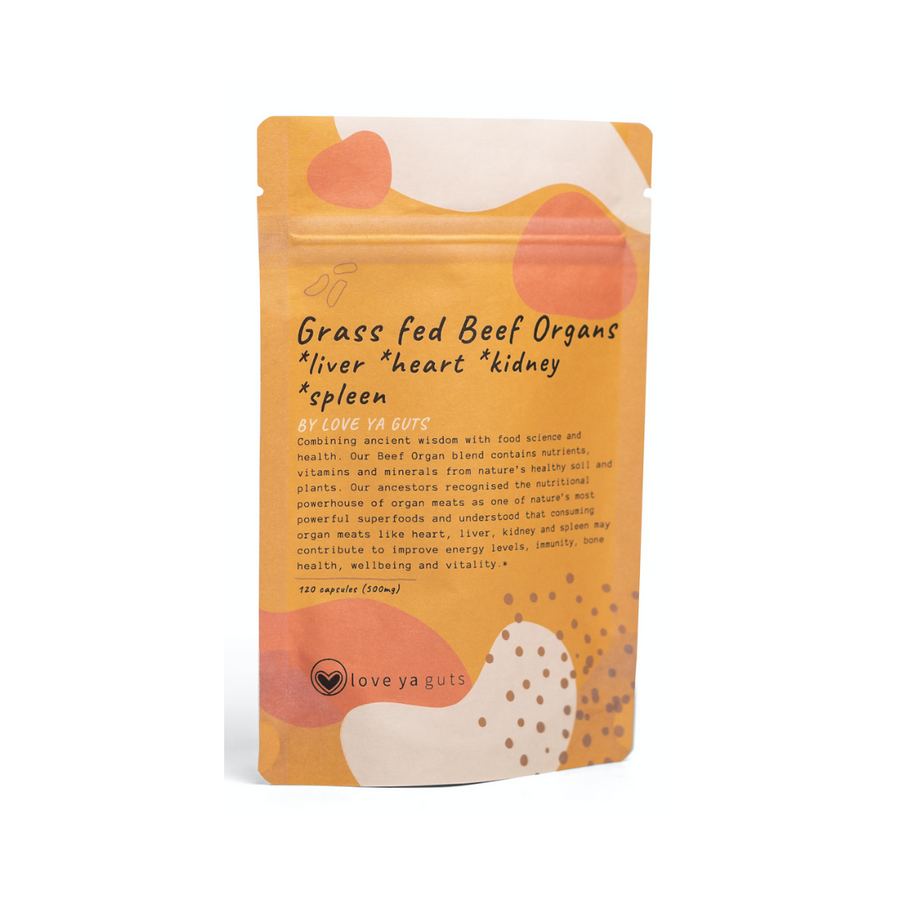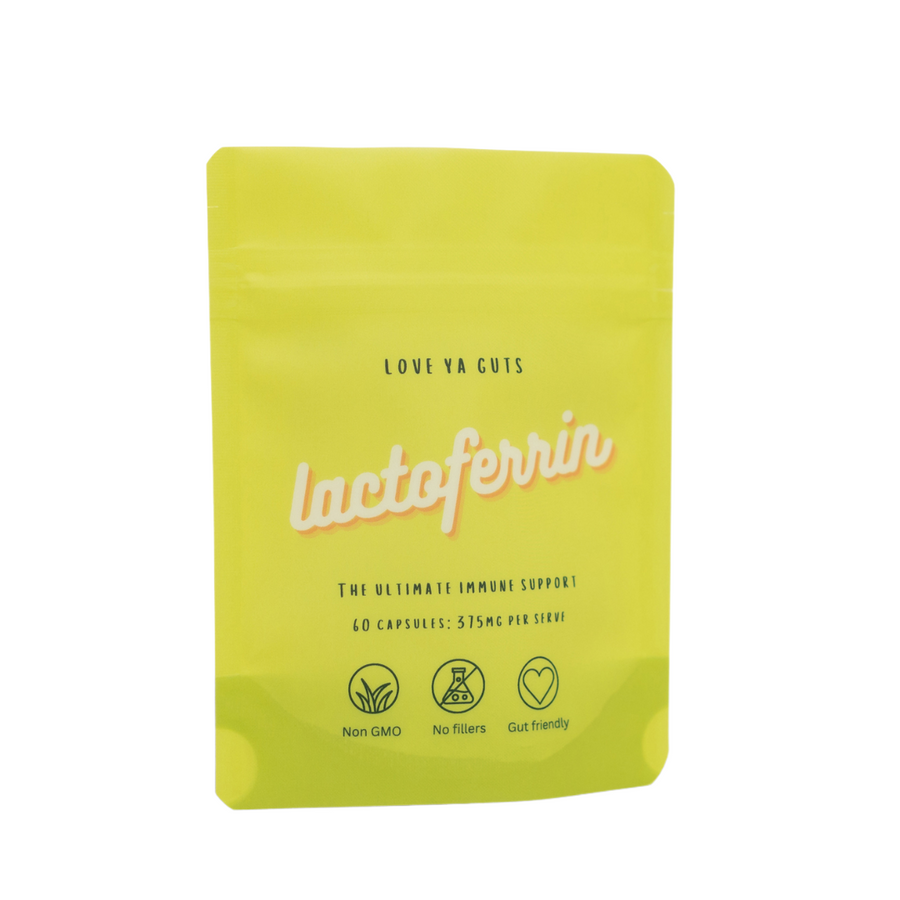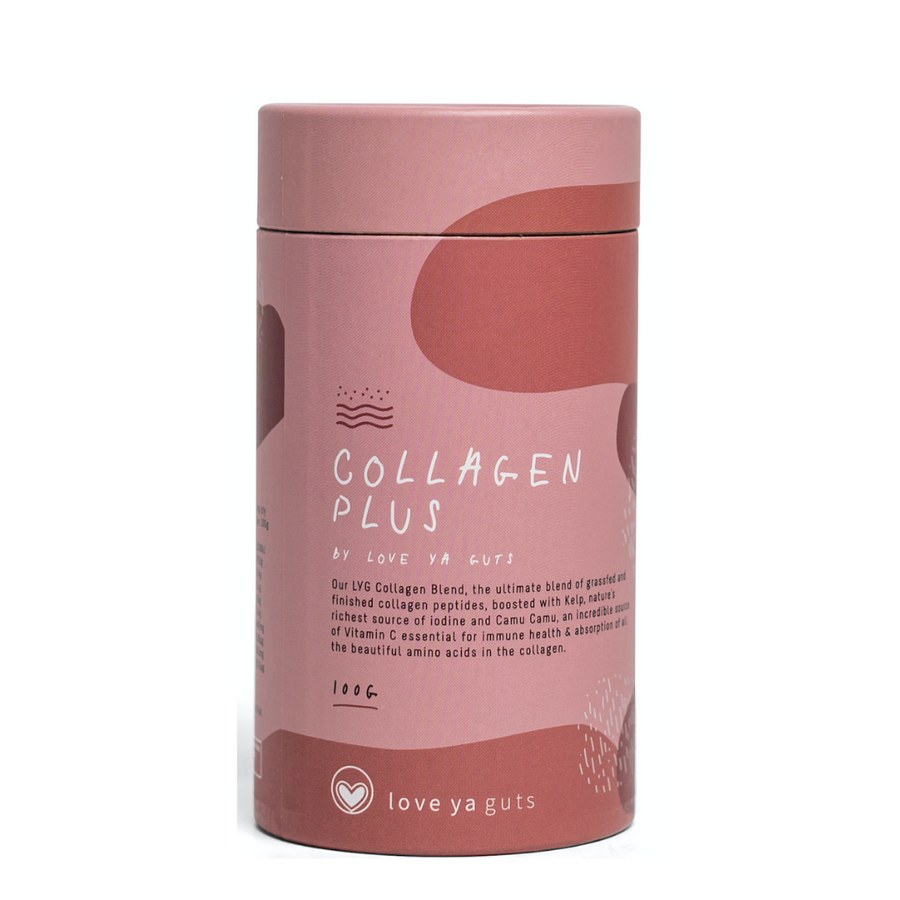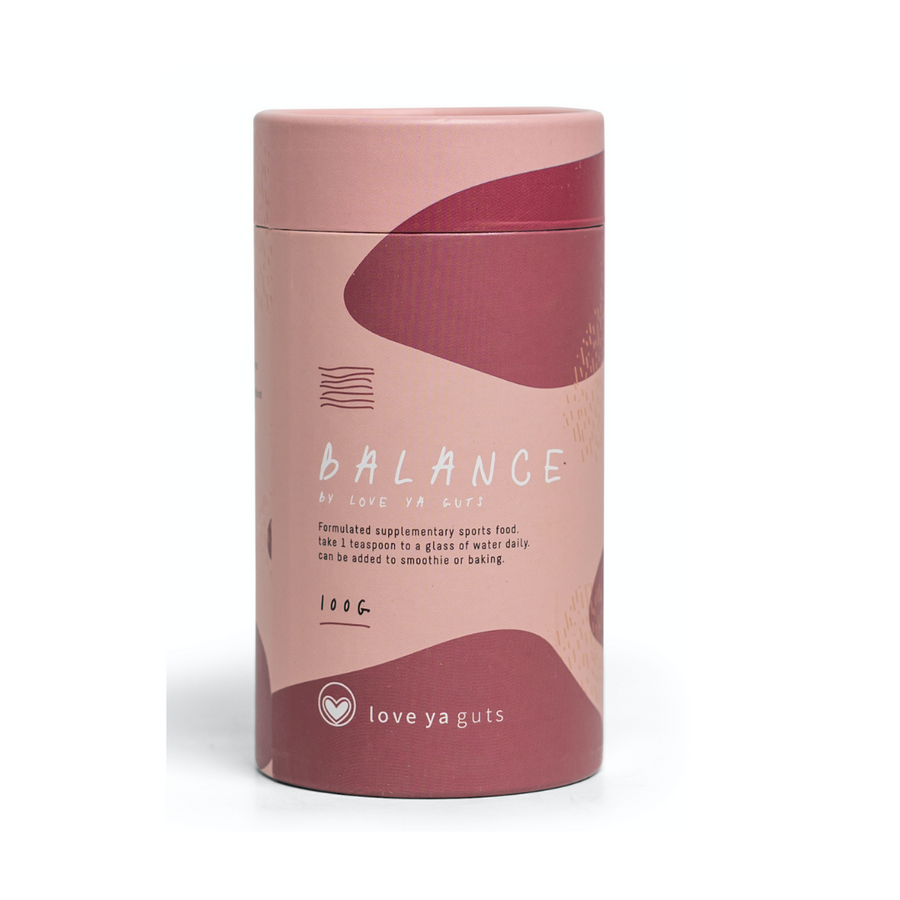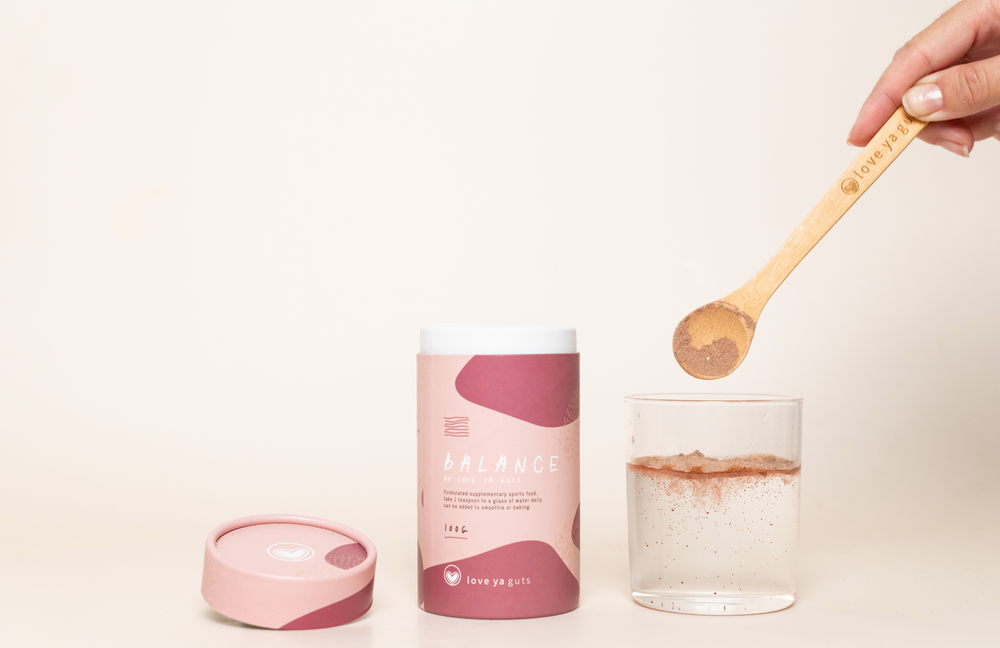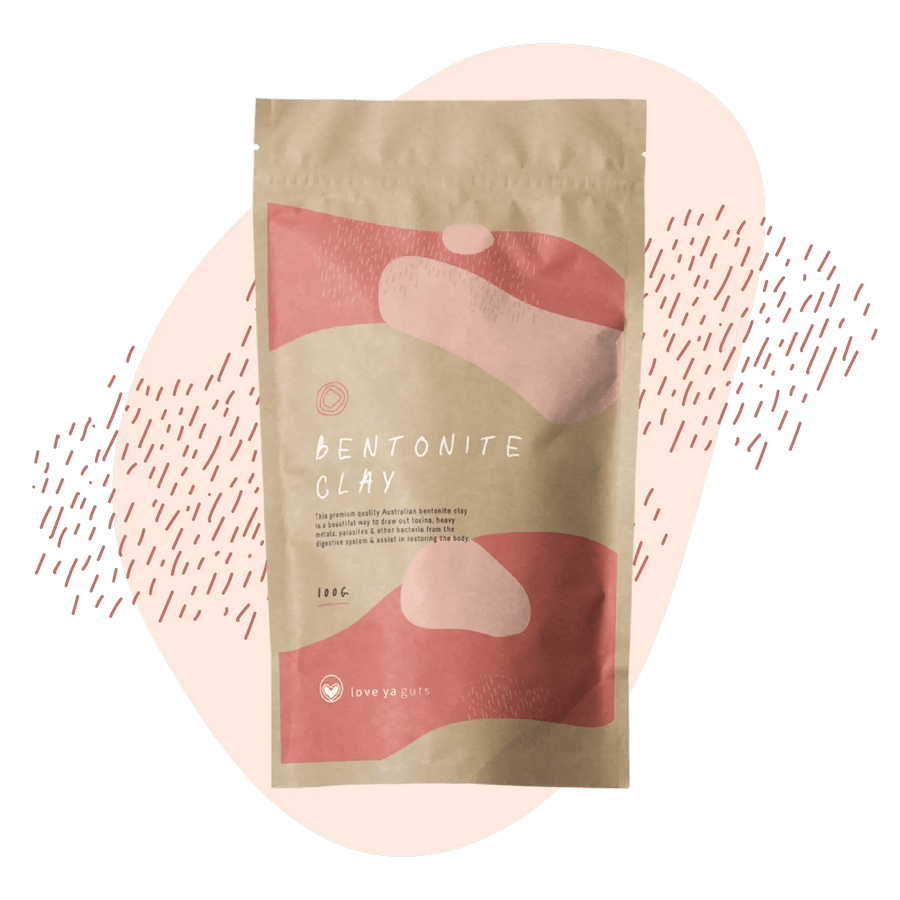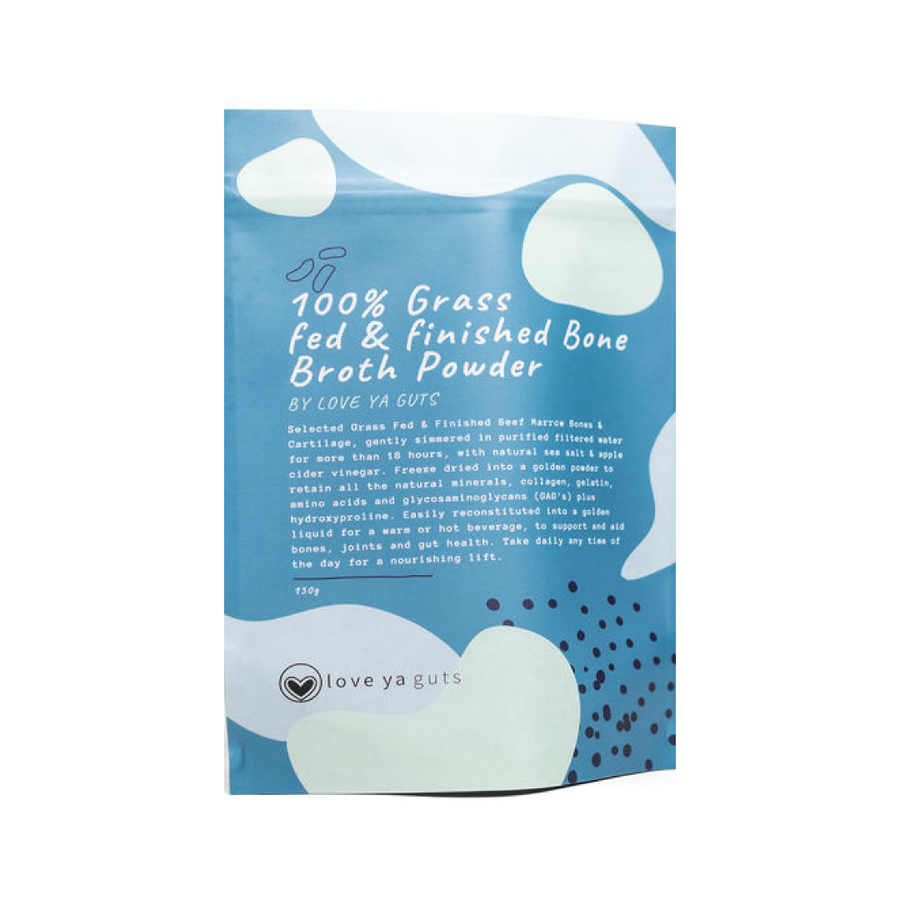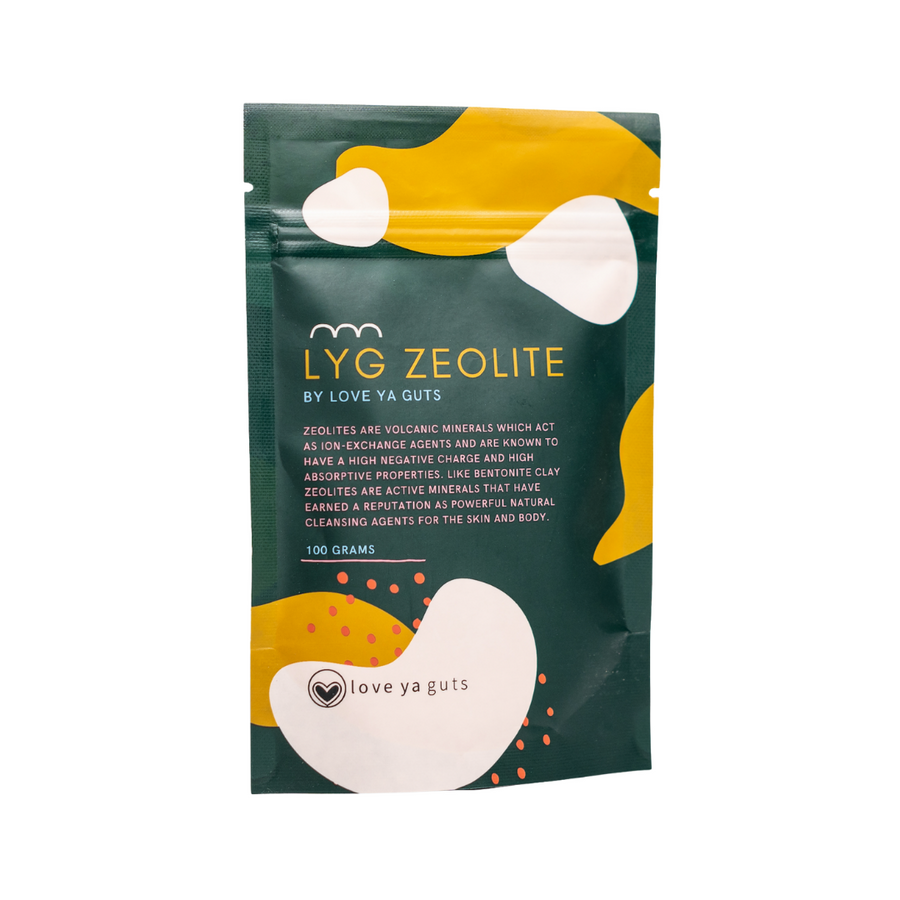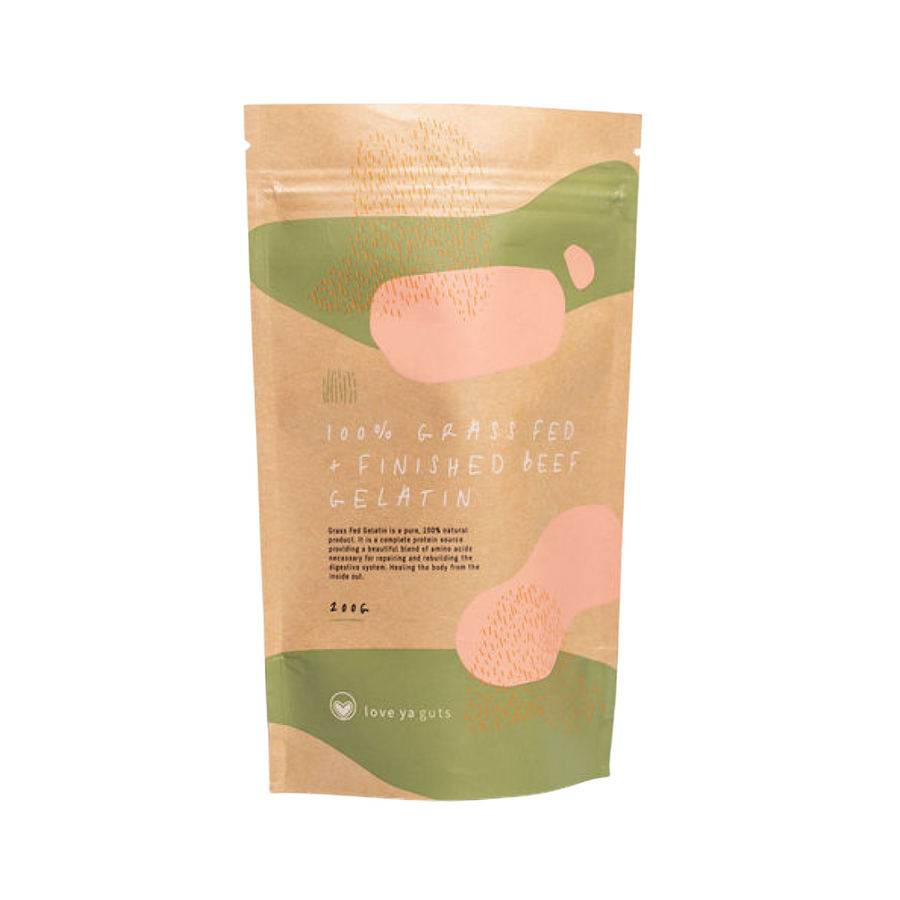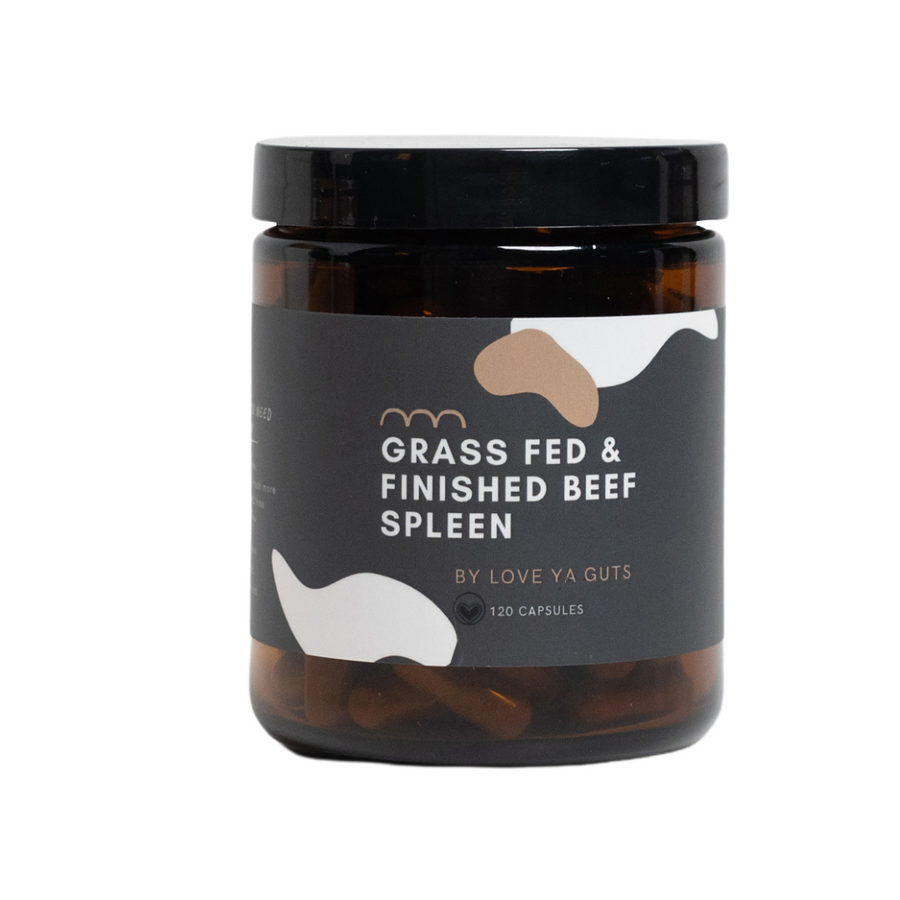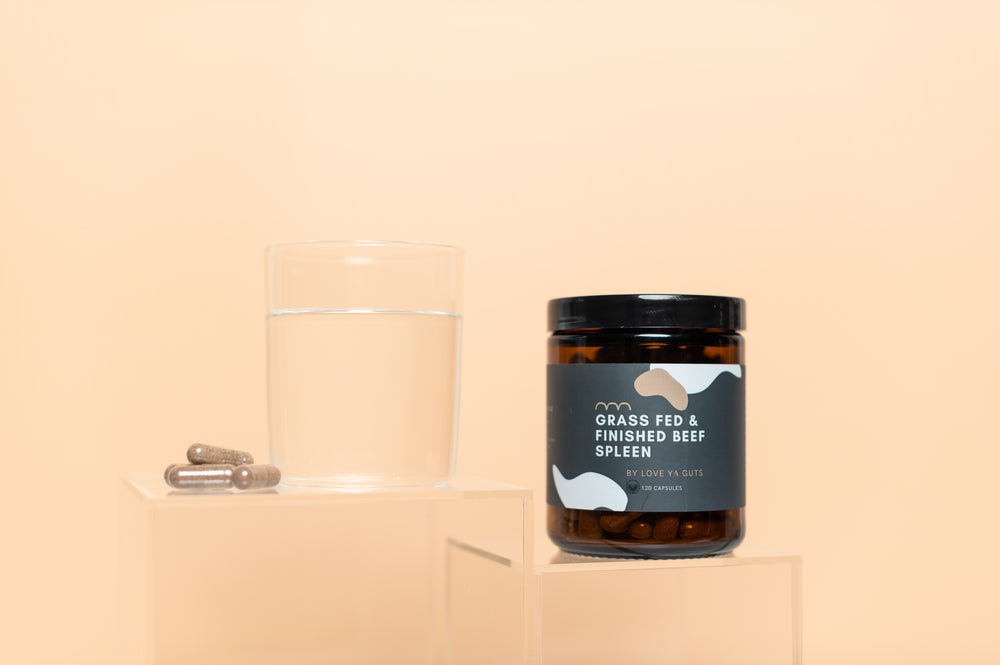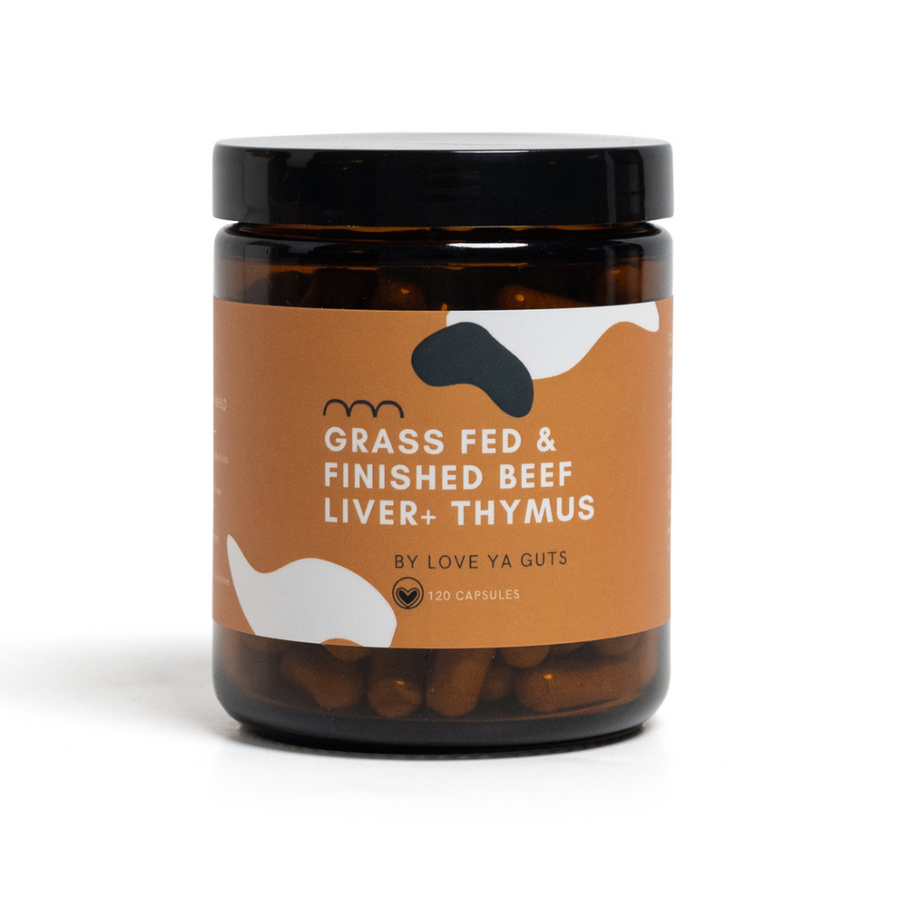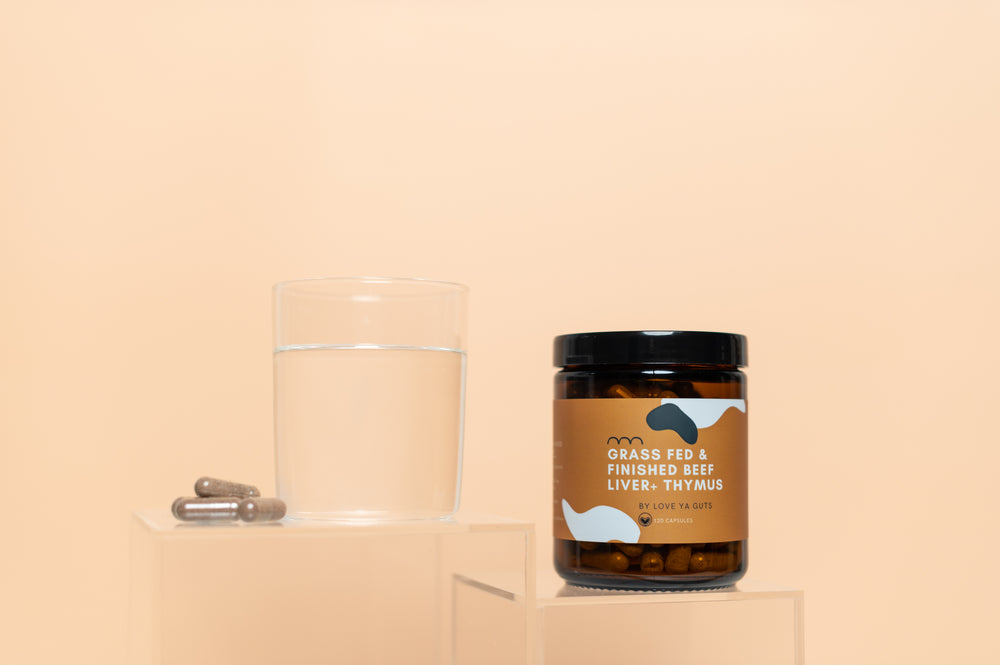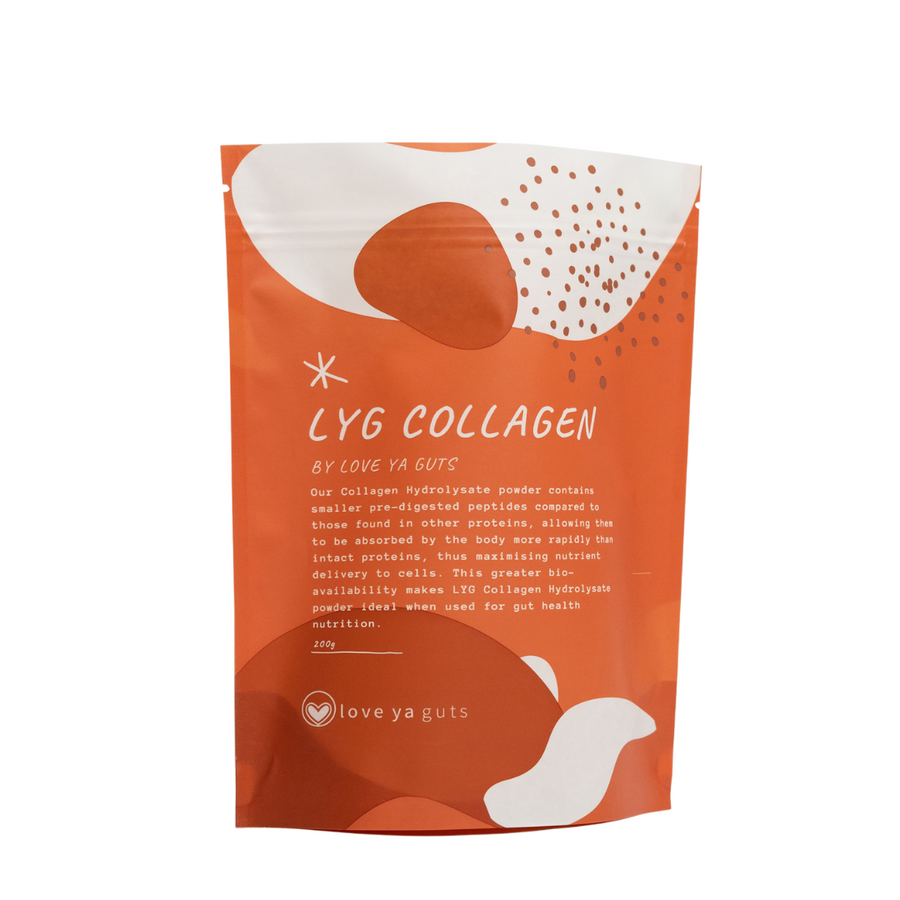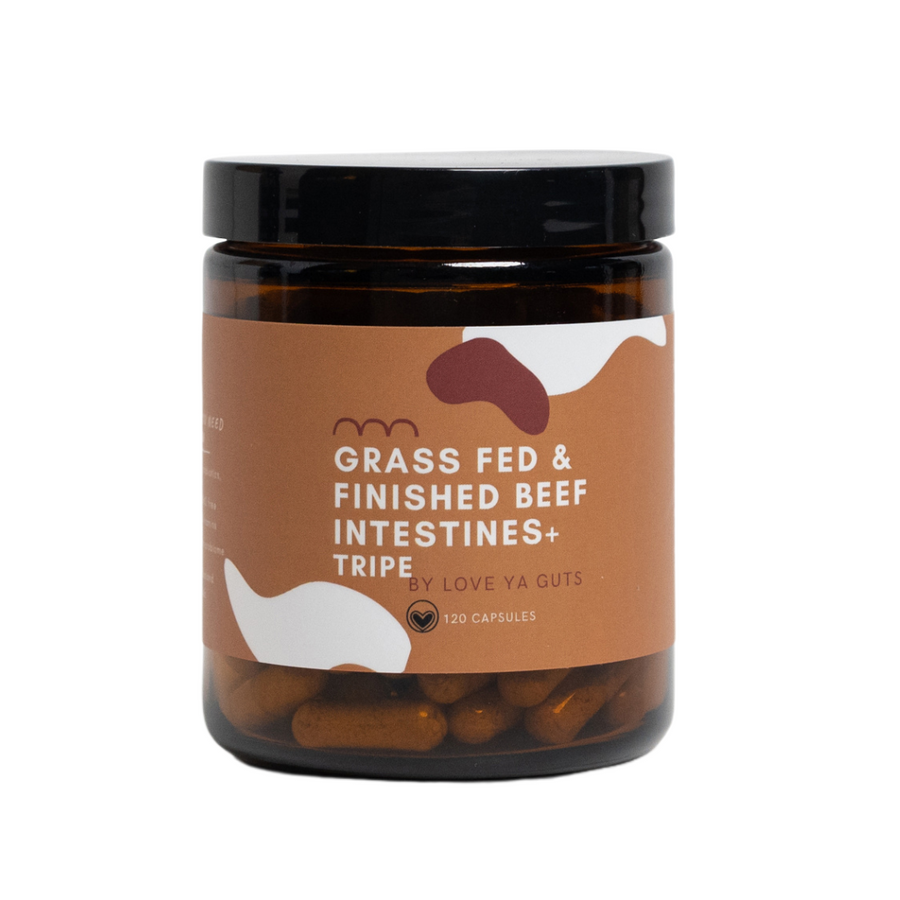3 Major Causes Of Gut Issues & Imbalances
Have you ever considered what the main factors are that can disrupt the balance of your gut microflora? Here are three of the most common causes of gut imbalances that we encounter on a daily basis, and which are crucial to address if you want a healthier gut.
- Stress
-
When we experience stress (or distress), the lining of our gastrointestinal tract changes, creating an environment that reduces the amount of beneficial flora, or "good gut bugs".
-
During times of stress, our body's digestive system shuts down and our sympathetic nervous system turns on, triggering our fight or flight response. Therefore, it's important not to eat when you're in a rush or highly stressed, as this can cause digestive discomfort.
-
Stress can also slow down motility in the gut (peristalsis), meaning that the food we eat can be broken down by different and potentially harmful bacteria.
-
Candida, yeast, and bacterial infections can increase significantly during times of stress, as stress has a serious impact on our gut bugs.
-
High levels of stress deplete our magnesium stores, which are essential for gut health, mental health, brain function, quality sleep, muscle recovery, stable blood sugar levels, and reducing inflammation.
- Diet
-
A diet high in refined sugars and flours creates an imbalance of unhealthy gut flora compared to healthy flora.
-
Artificial colors, preservatives, and flavors are now present in many different foods to preserve shelf life, but they have been shown to have a detrimental effect on the gut over time.
-
A diet low in fiber and colorful vegetables reduces the number of beneficial bacteria in the gut.
-
Alcohol and excessive caffeine can prevent the absorption of essential minerals and nutrients that the beneficial bacteria need to thrive.
-
A low-fat diet can prevent the production of short-chain fatty acids, such as butyrate, which are essential for a healthy microbiome.
-
Refined oils, such as vegetable oil, sunflower oil, and canola oil, are toxic and can cause serious inflammation in our digestive system, as well as affecting our brain function. It's recommended to cook with ghee, tallow, coconut oil, or organic butter, and use 100% virgin olive oil on salads.
- Antibiotics
-
Antibiotics are useful in life-threatening situations, but they are often over-prescribed, and we are not informed of the long-term consequences that they can have on our gut.
-
Unfortunately, the action of most antibiotics is not specific to any one area, and they not only kill harmful bacteria but also beneficial bacteria, leaving a host of side effects when multiple courses are taken, such as poor digestion, cramps, stomach pain, bloating, IBS issues, skin issues, poor mental health, weakened immune system, tiredness, and low energy.
-
Lactobacilli and bifidobacteria, two very important bacteria, are particularly sensitive to antibiotic use and can fall dramatically following treatment.
-
The reduction of beneficial flora leaves the intestines open to pathogens, and we usually see yeast overgrowth or candida present as a side effect.
-
This is made worse when there is recurring antibiotic use, as harmful bacteria become drug-resistant, and only beneficial bacteria are killed off.
Discover How Love Ya Guts Box Can Help Transform Your Gut Health
- Get to the root cause of bloating rather than just treating symptoms
- Soothes the stomach and assist with issues such as IBS symptoms so you can feel comfortable within your body
- Get rid of sugar cravings
- Boosts your metabolism & control blood sugar to make weight loss almost effortless
- Balance hormones so your body can function how it was meant to but also help with having a balanced mood







